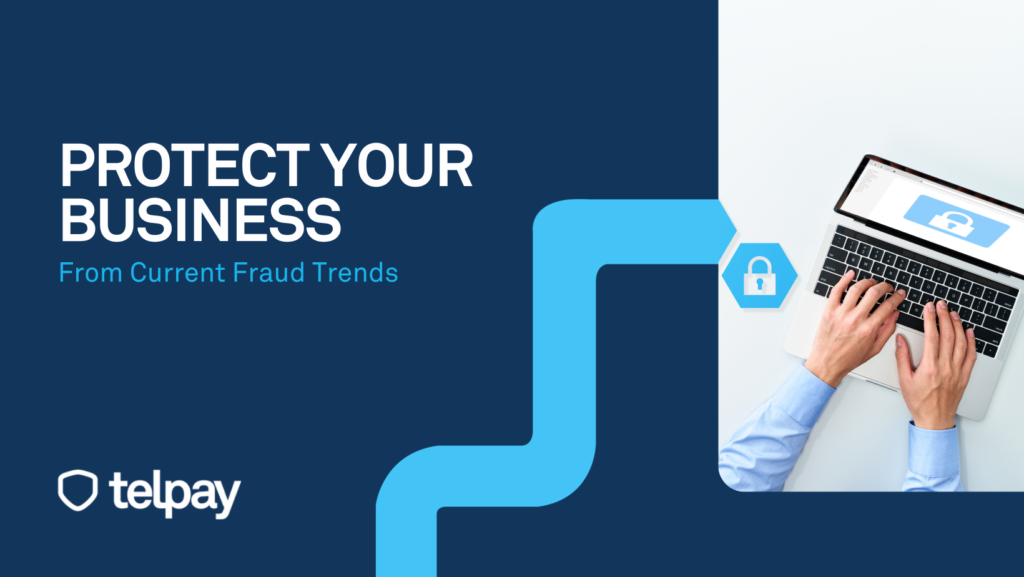
In the summer of 2017, an accounts payable employee at MacEwan University received an email that, at first glance, appeared innocent enough. The Edmonton-based institution was in the midst of a massive construction project, and one of its vendors requested a change in their banking information. What made this email particularly convincing was the fact that it bore the vendor’s official logo. But appearances can be deceiving. This seemingly harmless email led to a devastating discovery, highlighting the alarming prevalence of fraud in today’s business landscape.
It wasn’t long before the truth came to light. A few months after making the requested change, MacEwan University discovered that it had fallen victim to a phishing scam, resulting in a staggering loss of $11.8 million. This incident served as a stark reminder that email fraud cases, especially those involving Business Email Compromise (BEC), have become distressingly commonplace in recent years.
Continue reading



